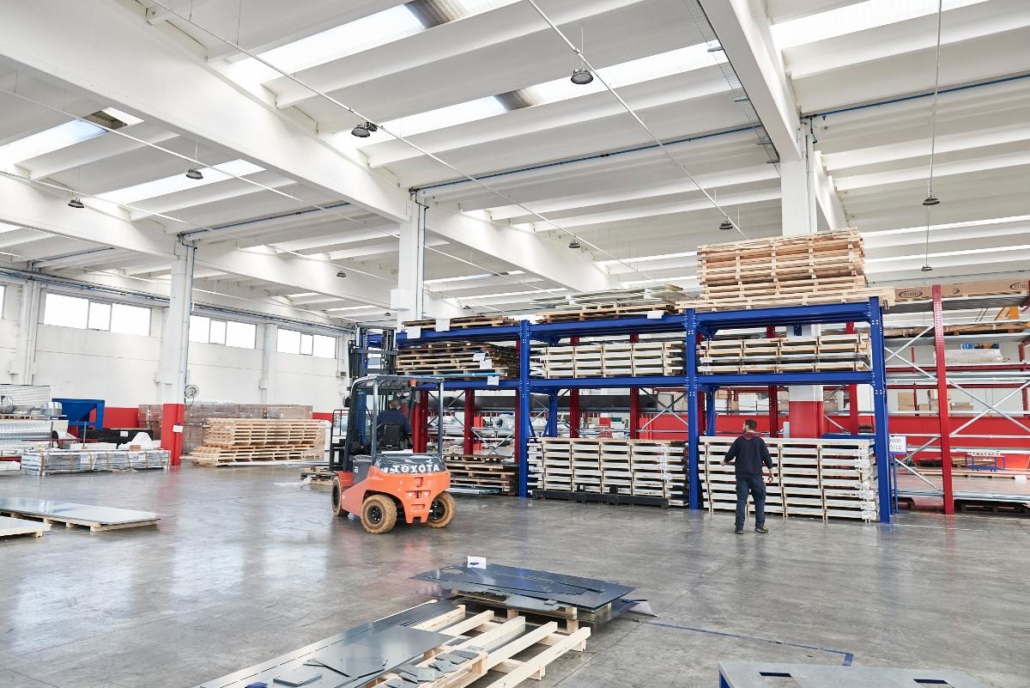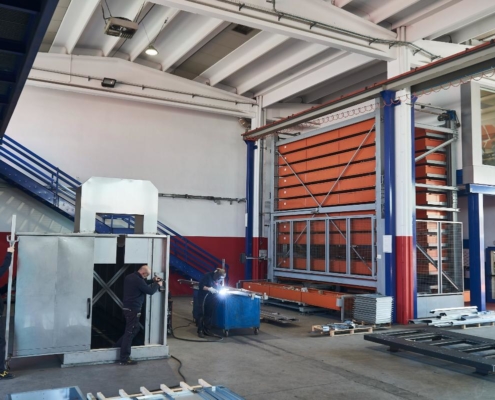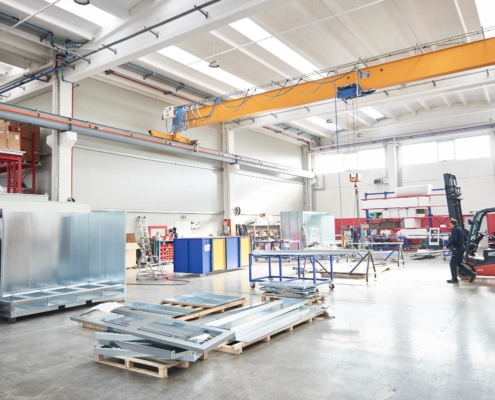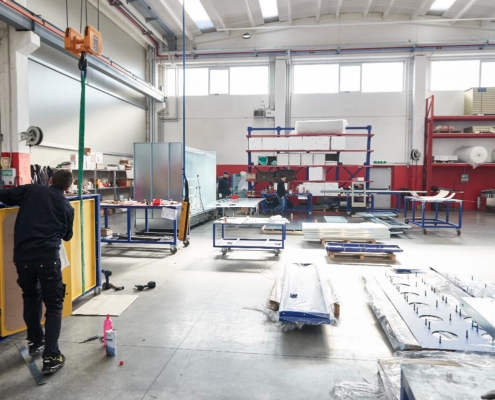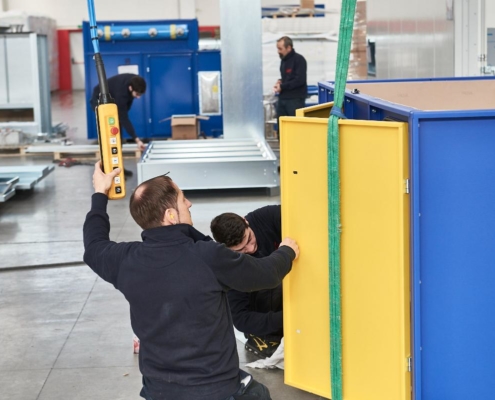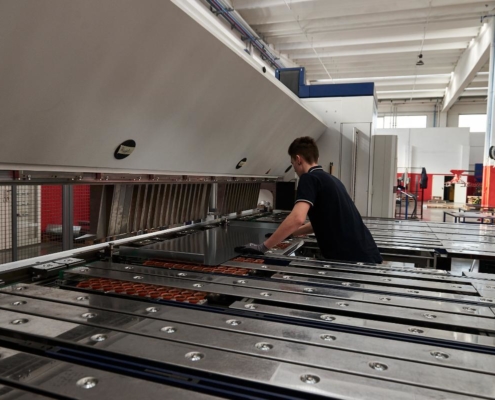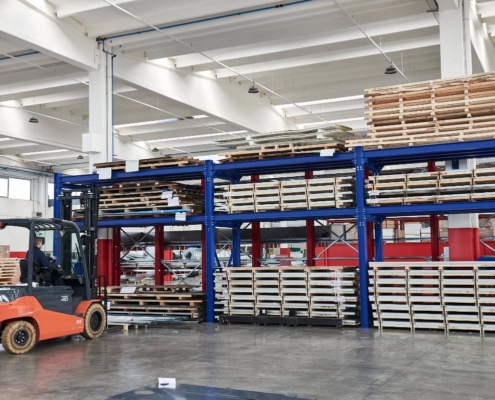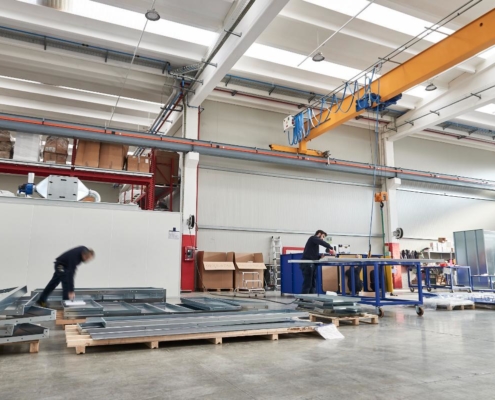In recent times the concept of re-localization has gained more and more resonance in the global business landscape. But what does re-localization really mean and why is it becoming such a crucial topic in various sectors? A return to their homeland, companies that, after having moved production outside Europe, mainly for economic reasons, now find themselves making different choices.
Even though the outsourcing trend has been dominant in the industrial sector in recent decades, Eurotherm has continued to believe in manufacturing, investing in Italy and Europe and cultivating relationships that speak to our social responsibility around the world. In fact, we have always equipped ourselves with machinery and personnel to produce in house, even when it would have been much easier to go and look for resources in other countries, offering customized painting systems that speak the language of Made in Italy .
In this scenario of great change, we recently had the pleasure of discussing this topic within GET TECHNICAL 2023 and the resulting dialogue offers an interesting overview.
The re-localization of industry
Re-localization, or reshoring, is the response to a series of economic, social and environmental dynamics that are influencing the way companies conduct their business.
The importance of re-localization is in fact based on 3 fundamental aspects:
1. Reduction of external dependence
The COVID-19 pandemic and subsequent Russian-Ukrainian war have highlighted the vulnerability of global supply chains. Disruptions in transportation and manufacturing have forced many companies to reconsider their over-reliance on foreign suppliers.
2. Flexibility and quick response
Re-localization offers greater flexibility and the ability to respond quickly to market changes. Manufacturing closer to consumer markets allows companies to adapt more readily to customer demands and better cope with market fluctuations.
3. Environmental sustainability
The growing focus on sustainability has pushed some companies to re-localize to reduce the environmental impact of transporting goods over long distances . Nearby manufacturing can help limit greenhouse gas emissions associated with global logistics.
ESG standards suggest good reasons to establish production in Europe, given the attention to circularity and rigorous quality control. The global focus on sustainability and the reduction of carbon emissions are increasingly pushing towards sustainable and – as much as possible – local choices.
The social factor of re-localization
Starting from 2022, following the pandemic and the war between Russia and Ukraine, many companies have begun a re-localization process. If the choice was initially driven by economic reasons, the objective cannot be to offer a cheaper alternative, but must be to focus on quality.
In fact, the positive impacts that re-localization can have on a social level are evident: offering new job opportunities and supporting local realities.
The open discussion at GET TECHNICAL 2023 aimed to understand the opportunities and threats that European factories are facing. ESG standards, high quality, but above all shared values that underlie a need to completely rework local supply chains.

